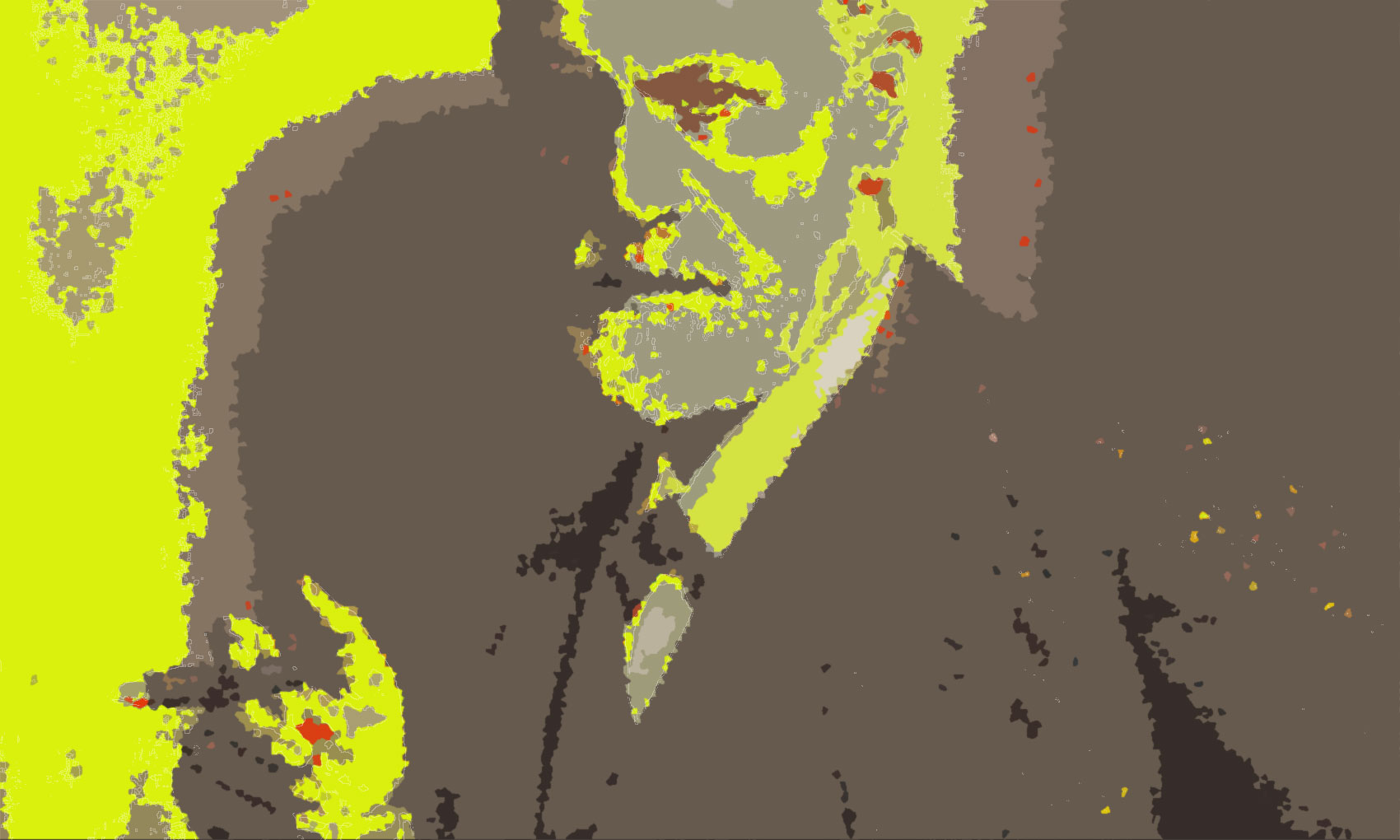
Each one seeks pleasure and tries to escape displeasure. But the freedom of some stops where the freedom of others begins. To live in society, the pursuit of pleasure must be controlled. An evidence that becomes in Freudian jargon, the principle of pleasure is reduced by the principle of reality. The art of concealing emotional emptiness.
Freud the naive
What is the fun? And what is the reality? We all have a different view of it, unless we reduce this proliferation to disastrous uniformity. This is the very purpose of psychoanalysis, remedying imaginary wrongs, police behavior.
And for the philosopher it is the beginning of the end. Whether it is existential, hedonistic, nietzschean or castanedian, whether it comes from a hundred other systems, metaphysics is edgy in front of so much naivety. Since Aristotle, its inventor, metaphysic pushes the analysis much further than the Freudian psychoanalysis which rejects it. Freudian theses are a kind of lame farce, and their list of commonplaces is a good one.
But that didn’t stop Uncle Freud from thinking he was a genius. I would think he was an ingenuous one. In my opinion, Freud is not a leader. The beginnings of psychoanalysis bring to light other personalities, including the brilliant personality of the great Carl Gustav Jung.
Megalomaniac
Freud considers that humanity has suffered in its history three narcissistic wounds, all of which diminish the autonomy and power of man’s illusions. Copernicus and Darwin illustrate the first two. Freud’s name remains attached to psychoanalysis, which is the third. (source)
… And I am the fourth?!? No but what a nerve! To claim his gold medal! History alone can judge these things, not the man. My dear Mum would shrug her shoulders:
-Well, say, he sooo rogue, this punk! Look at him! Proud as two peacocks!
The hypertrophied ego of this great joker says a lot about the poor results of his so-called care, as Woody Allen brightly shows. The real sick is Freud with this acute megalomania. What else has he discovered but his own perversions? The psychoanalyst seeks less to heal than to heal himself. Freud has been in checkmate on all matters.
Compare this frosty eye with the good eye of a donkey. In spite of his naiveté, Freud is not worthy to be a donkey.
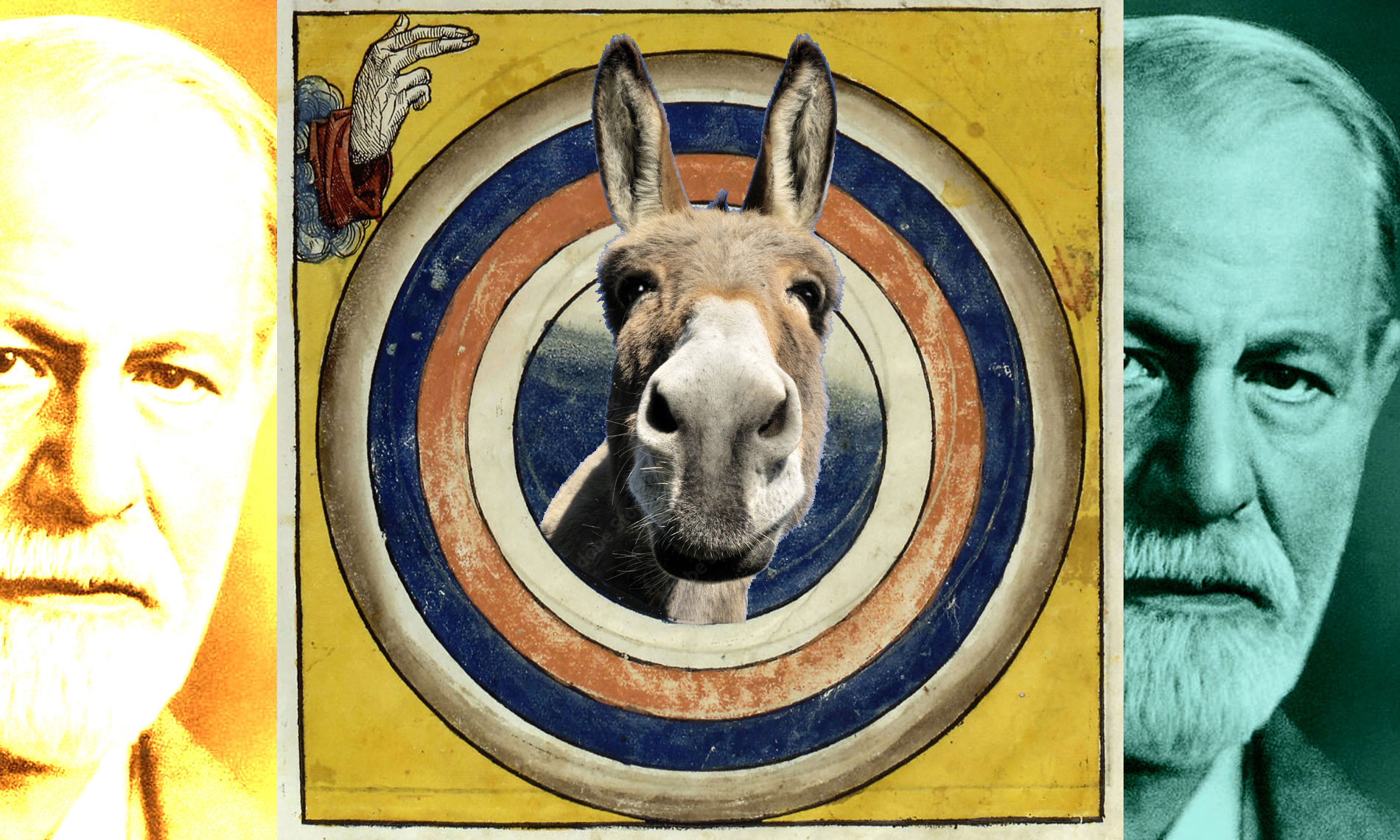
The failure of Freud
Philosophy dates back to the most ancient times. In its eyes, psychoanalysis is nothing but a science and a pump of energy. Without philosophical wisdom, it is only an aberration, a perverse singularity, a minor technique that will pass as quickly as it came.
How can we not see in Freud, besides the presumptuous as laughable as stuck, a frustrated poor man who is also a sexual obsessed? Early discovery, this evidence has been with me throughout my studies of philosophy. How to read without smiling his books? Freud is to thought what Picasso is to painting or Trump to politics: an incapable carried on the wave of an idiotic fashion whose future will be mournful.
He has invented nothing but words. His concepts are commonplaces. He has never cured his own ills. Unable to heal himself, he sank into his proud mediocrity. His whole life is a lost battle against pride, while all his work will glide over the history of the world like a fart on a waxed canvas.
When it comes to inner life, it is not about healing but about growing. The psychoanalytic technique is of no help because it contains no wisdom.
Plagiarizing
Referring to the work of Fechner*, Freud states the principle of pleasure which aims at suppressing all unpleasant sensations. But reality is imposed which opposes the principle of pleasure. This conflict causes displeasure. (source)
*Gustav Fechner is the instigator of psychophysics, a science aimed at measuring psychological phenomena. He uses an exact science-inspired method to link a physical, measurable grandeur with a personal, intimate and non-communicable sensation. (wikipedia)
… or how Freud the naive relies on the works of more naive than him. Measuring emotions, sensations and feelings according to the methods of the exact sciences is part of the positivist delirium of a happily bygone time.
Look at him. Sigmund does not breathe the joy of life. The austere Freud bears well bad his name… As the saying goes, Freud und Leid sind eng verwoben. Joy and misfortune are woven together. His sad face and his stuck-up air did not prevent him from talking about what he calls the principle of pleasure… and making it the basis of his theory.
His theory is easy to say. A big word for such a small thing. I see only obvious things that did not deserve to be said. I discover a naive view of the human psyche. In his fables, Jean de La Fontaine shows greater insight and a finer observation of human nature. Yet he did not claim to invent a science.
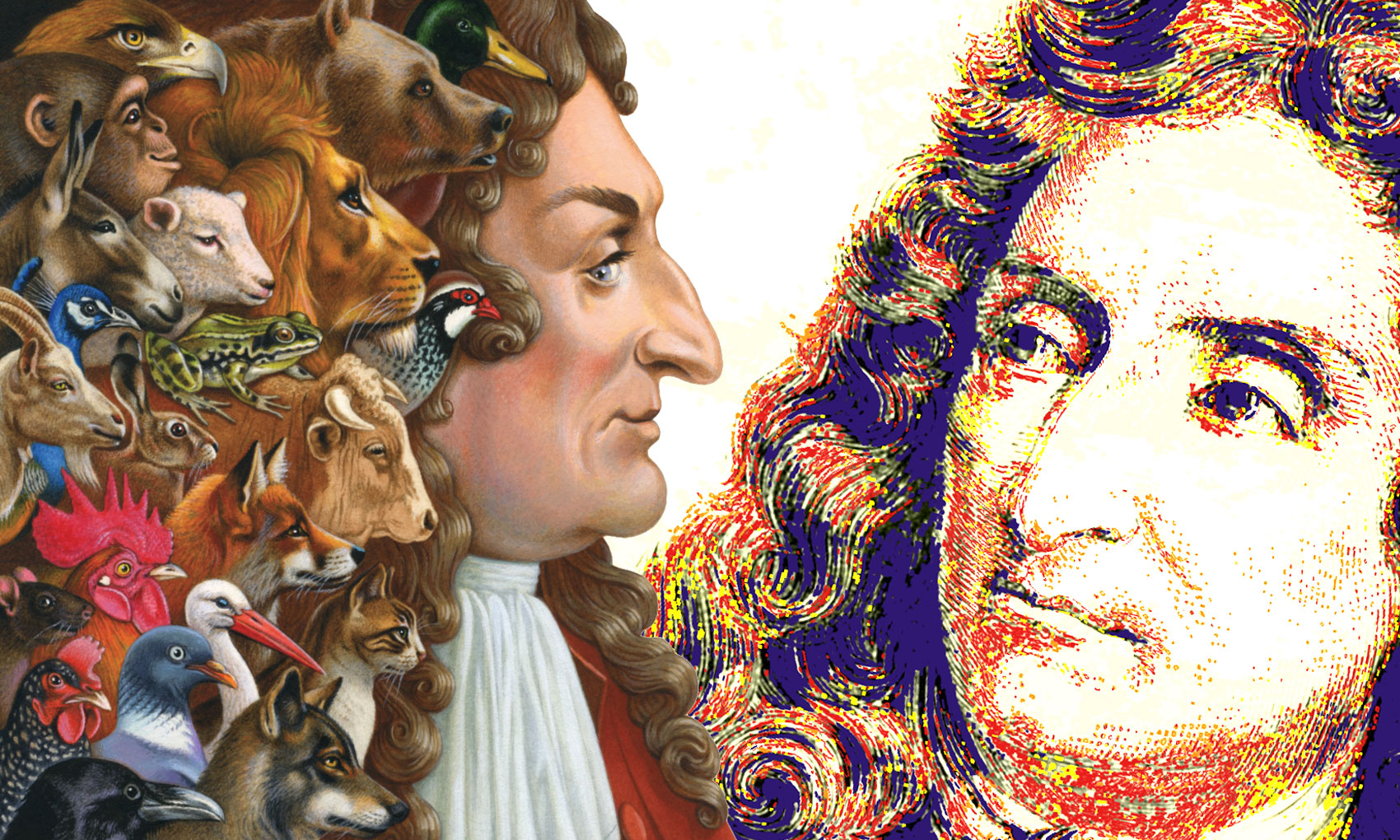
Eye candy
In 1900, in The Interpretation of Dreams, Freud sets the principle of pleasure-displeasure at the origin of psychic life. This principle demonstrates the proper functioning of unconscious processes. (source)
Beyond its confusion, the thought seems thin. What have we learned that we do not already know? After Jean de La Fontaine, it is Nicolas Boileau that I call for help.
What is well conceived is clearly stated
And the words to say it come easily.
Amphigory**
To hide this serious inconsistency, the analyst’s analysts are limited to abstract sentences filled with abstruse words. The following is a perfect example of this art, that of talking for nothing.
Displeasure is an increase in tension, while pleasure is a decrease. Pleasure and displeasure are thus directly the result of the quantitative load on the perception neurons. They are governed by the principle of inertia which aims at discharging all excitation. (source) It snores, it inflates us and we come back disappointed to have been, once again, deceived.
**Amphigory is a style figure consisting of a speech, text or drawing that is tacit, deliberately obscure or inintelligible with burlesque intent.
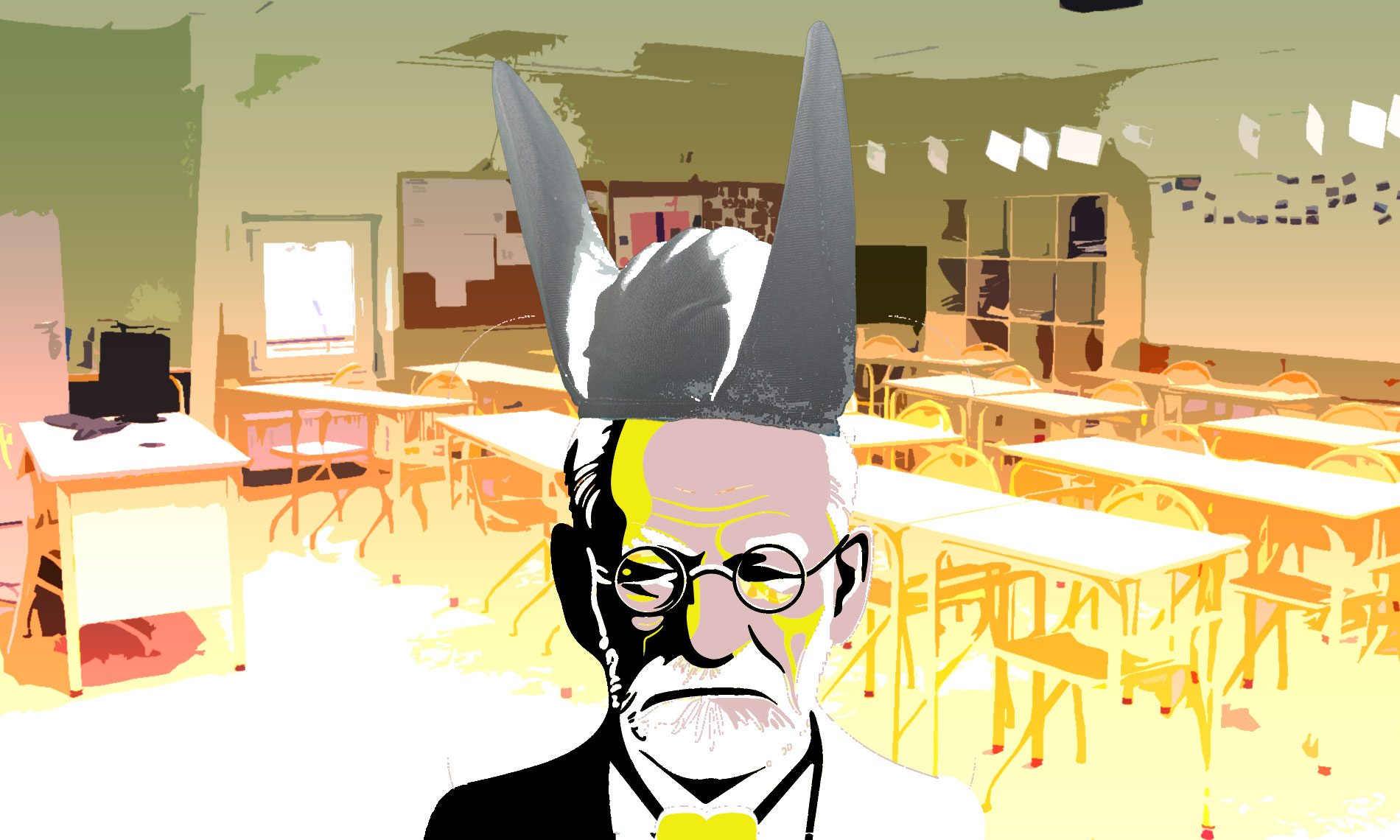
Freud vs. Sigmund
Continuing his self-analysis, Freud is unstuck and unstuck. His slow brain does not take off. Sigmund stumbles on this block that strengthens his manic-depressive tendencies. Unable to repress the tsunami of his desires, unable to assume them, he swings between these two extremes. To get pleasure, Sigmund the frustrated must castrate Freud the obsessed.
See the brilliant analyst of the human psyche! See Sigmund Freud pulling out of his sleeve the principle of reality, automatic regulator of impulses and frustrations. With this, he thinks he is smart. Freud states it in 1911, in Formulation on the two principles of psychic functioning that I have trouble reading without laughter or worse.
Isthmus of the psyche, breaker of the soul, check of the psyche, “the principle of reality channels the principle of pleasure and puts an end to its reign without sharing.” (source)
Tortured by the persistence of his internal contradictions attributable to the simplistic platitude of his narrow mind, such is Freud, eternally dissatisfied. Sigmund the obsessed feels an embarrassment that brings him to the Freud who doubts. In a desperate attempt to save the furniture and prolong the fun, he starts yelling his last chance blabbering:
“The replacement of the principle of pleasure by the principle of reality means the guarantee of the principle of pleasure, not its destruction.” (source)
Phew! Good job, Sigmund. Nice try. The pirouette is quite big, especially since it gives birth to a mouse.
Méli Mellow
Wait it’s not over. Here comes the it. According to Freud the ugly, this is the primitive and instinctive part of the mind that contains the sexual impulses, the aggressive impulses and the hidden memories. It reminds me of someone. But it’s just a bit of metaphysics.
Surprise, Freudian psychoanalysis only describes Freud himself and the great sick in his kind. What would a sane psychoanalyst think? It is possible that this exists, I have never met.
A student who is not as far lost as his fellow students once told me this: “If you are sane, you will never be a psychoanalyst.” This is common sense itself. What balanced being would spend its life compressed in the suit of an oppressed? A depressed always tried to suppress himself?
What depressed person could get relief by trusting someone sick and disabled? Before going to see a Freudian psychoanalyst, one should examine closely the rigid and perverse life of his master. And to turn instead to a disciple of Jung. The Jung typology is more relevant, less caricatural, I find in it the love of the other and the light of the soul, totally absent in Freud.

Freud, his mother!
“The story of Oedipus, murderer of his father and husband of his mother, serves as a repetitive matrix: «Every human being is given the task of mastering the complex of Oedipus», says Freud. The myth of Oedipus and the story of the murder of his father contribute to give a tragic accent to Freudian anthropology.
“As a normal stage in the emotional development of a young boy, the Oedipus complex covers all the impulses that, around two or three years old, lead the child to be attracted to his mother, experiencing hostility towards his father. Originally used for boys, it is now used for both sexes.”
Oedipus and Electra
“Freud designed it in reference to Sophocles’ play, Oedipus-King. Abandoned at birth, Oedipus is led to kill his father whom he does not know and marry his mother. For little girls, we also use the term complex of Electra, named after the Greek heroine who killed his mother Clytemnestre to avenge his father Agamemnon murdered by the latter.
“By the age of three, or even two and a half, the little boy becomes possessive with his mother, he asks for more hugs and tenderness. He may also seek to enter the sexual intimacy of his parents by entering, for example, without knocking in their room. For the little girl, this phase corresponds to the moment when she makes charm to her father, she cozits in his arms and tries to attract his attention, while her mother becomes both a rival and a model. Freud refers to this stage as the phallic phase, since the boy, in the middle of the discovery phase of his body, is aware that the penis is a key element in the intimacy of his parents from which he is excluded.” (source)

Who is castrated?
“- Failing in these unconscious manoeuvres of seduction, and without being able to put words on what he feels, the child will often repress his annoyance which will then be expressed by anger and nightmares, between three and five years. This moment is called the castration complex by Freud, because in the face of the boy’s desire, it is the punishment given by the father felt as the most adequate.
“- To get out of this situation, gradually, between three and seven years, the child, in a process named by Freud the resolution, will renounce to take the place of the same sex parent, repressing in his unconscious his emotions and passions. It’s the age, around five or six years old, when little girls want to do everything like mom and little boys are happy to adopt behaviors similar to those of dad, to share activities with him.” (source)
Obsession with sin
There is a tragic systematization in this description. A morbid obsession with sex in the colours of Christian sin, this sad invention of polymorphic perverts. Bringing everything back to this sexuality is a dead end, worse, a garbage that drives you crazy. Can’t we rise above the mud? The former gods loved the pleasures of the flesh and never hid from it. Freud would have laid them on his couch to dissect the trifle and make it a guilty pleasure.
What disgusts me most is the simplistic rigor of Oedipus’ complex. I wanted to do the didactic analysis when I was studying psychology, but the results of a first evaluation made me run away and I still run.

Malformation
A group of psychoanalysts explained to me with a contrite air that I had a serious malformation. Given their sorry looks, I expected the worst.
– It’s very serious, they told me. You have absolutely no trace of Oedipus complex.
I held back a laugh that would have ended their consternation. These jokers have the power to lock you in the asylum of insane, so I pretended to share their concern. As soon as I could, I left quickly with the firm intention of never again getting caught in their clutches. These people are very sick, unable to heal anyone. Even less so themselves.
Freudian Ego
The ego is constantly swinging between the that and the super-ego or superego. Freud does not conceive of a being without ego any more than another who would have no Oedipus. Hence the quarrel between him and his disciple Jung, who knows very well that ego exists only to be overcome.
The police of the soul has its prisons that have nothing of a kingdom. Thank you Gilbert Cesbron The pleasure cops verbalize offences. They inflict punishments/frustrations/castrations. The dictators of intimacy track down the impulses that go naked in the street.
Poor of us, subjected to such abuse.
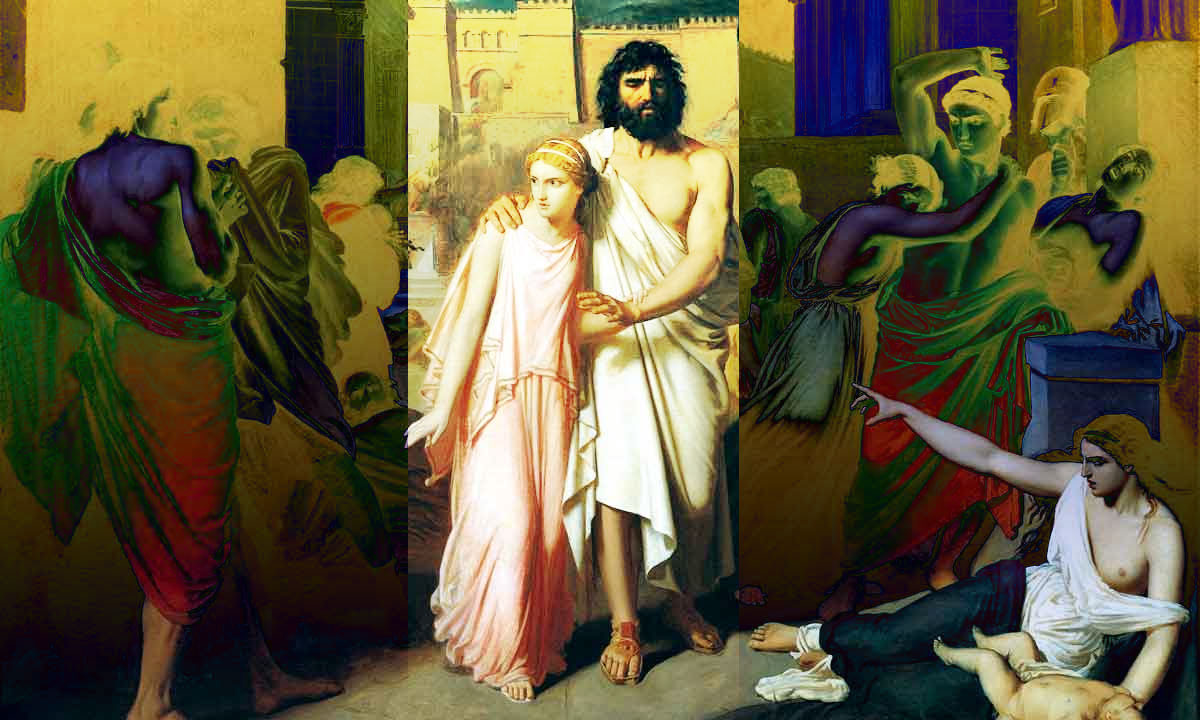
- Meister Eckhart
- The Way of Action
- Oronce Finé
- Rene Descartes
- The Continuing Creation
- Volontary Servitude
- Courtly Love
- Brain and Thought
- Baruch Spinoza
- Free Will
- Pascal’s Wager
- Immanuel Kant
- Kant and Pure Reason
- Hegel And Nothingness
- Divine Mathematics
- Science, Ego, Magic
- Magical Thinking And Daily Magic
- Karl Marx and God
- Karl Marx and his Double
- What Scientific Progress?
- Reflection And Action
- Prophet Nietzsche
- Matrix And Memory
- Anarchist Nietzsche
- Superhuman Nietzsche
- The Will To Power
- Dance in chains
- Henri Bergson: Time And Duration
- Vitalism of Bergson
- Miguel de Unamuno
- Pleasure and Freud
- Jung vs Freud
- Jung And Synchronicity
- Atypical Einstein
- Albert Slosman
- Progress, Suicide Or 5G?
- Marguerite Yourcenar
- Science Without Conscience
- High Time
- Truely Wittgenstein
- The Lying History
